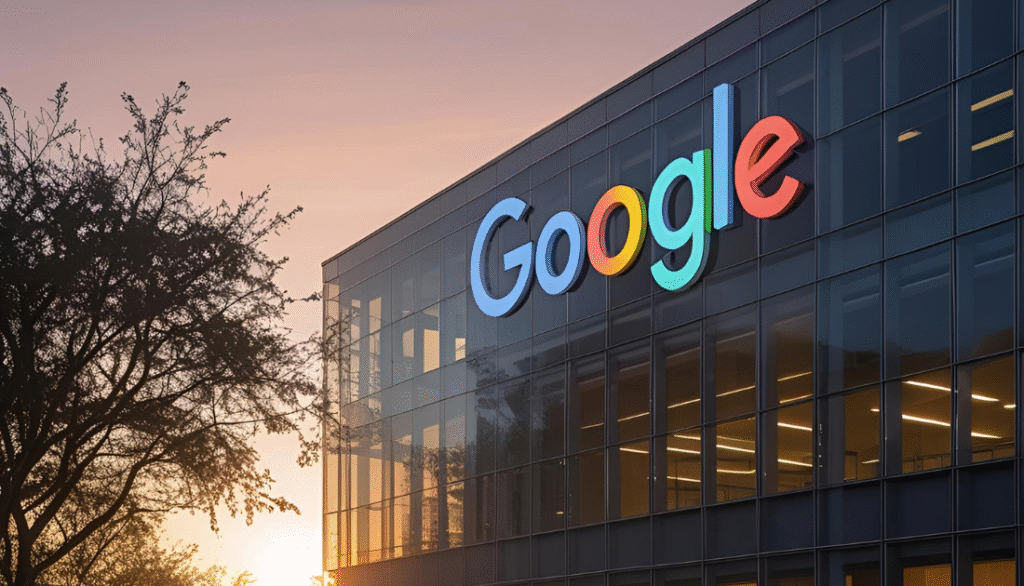Google is reportedly reconsidering its partnership with Scale AI, a prominent data annotation startup, and may be preparing to cut ties with the company altogether.
Highlights
- Google May Cut Ties: Google is reportedly reconsidering its $200M partnership with Scale AI and exploring alternative data annotation providers.
- Meta’s Stake Sparks Concerns: Meta’s recent $14–15B investment in Scale AI for a 49% non-voting stake has raised red flags among competitors, including Google and Microsoft.
- CEO Joins Meta’s AGI Push: Scale’s CEO Alexandr Wang now leads Meta’s “superintelligence” initiative, further fueling strategic alignment concerns.
- Industry-wide Reassessment: Microsoft, OpenAI, and xAI are reportedly reducing or reevaluating their use of Scale amid fears of vendor neutrality and data leakage.
- Vendor Independence Under Scrutiny: Companies worry Meta’s involvement could give it indirect access to sensitive data workflows even without voting control.
- Data = Power in AI: For companies like Google, annotated data isn’t just a product—it’s core infrastructure for training powerful proprietary models.
- Surge in Alternative Vendors: Competitors like Labelbox, Handshake, and Mercor are seeing demand skyrocket as clients seek more neutral partners.
According to a recent report by Reuters, Google had initially earmarked approximately $200 million in 2024 for services from Scale.
It is now exploring alternative vendors, signaling growing concerns about vendor neutrality and strategic alignment in the rapidly evolving generative AI ecosystem.
Shift Follows Meta’s $14 Billion Investment in Scale AI
The potential shift comes shortly after Meta acquired a 49% non-voting stake in Scale AI through an investment valued between $14.3 and $15 billion.
While the deal does not grant Meta direct control, it has raised alarms among industry rivals about possible conflicts of interest—especially for companies that rely on Scale for annotated training data while also competing with Meta in AI development.
The transaction also brought Scale’s co-founder and CEO, Alexandr Wang, into Meta’s fold. Wang now leads Meta’s efforts to build artificial general intelligence under its “superintelligence” initiative.
The move has been described by insiders as part strategic investment, part acqui-hire, aligning Scale’s resources and expertise more closely with Meta’s long-term AI vision.
Growing Client Caution Across the Industry
Google isn’t the only company rethinking its relationship with Scale AI. Microsoft is also said to be scaling back its reliance on the startup.
OpenAI, another major customer, reportedly began reducing its use of Scale’s services months earlier. Although OpenAI’s CFO maintains that Scale remains one of several active vendors, the overall trend suggests a growing diversification of data labeling providers across the industry.
A spokesperson for Scale AI responded to the situation by reiterating the company’s operational independence and commitment to data protection, stating:
“We continue to operate as an independent company that safeguards customer data.”
However, the company declined to comment specifically on its relationship with Google.
Data Pipelines and Competitive Control
For many leading AI companies, data annotation is not just a service—it’s a critical upstream asset that fuels model training.
Concerns have emerged that Meta’s stake in Scale might give it indirect access or strategic insight into competitors’ data workflows, even without voting control.
These concerns are reportedly central to Google’s reconsideration, particularly given its earlier planned $200 million spend with Scale.
According to Reuters, other clients such as Elon Musk’s xAI are also reassessing partnerships in light of the Meta deal. This reflects broader tensions around how proprietary data, model training, and AI strategy intersect in a space where alliances can quickly turn into liabilities.
A Growing Market for Alternative Vendors
As major players shift away from Scale AI, alternative providers like Labelbox, Handshake, and Mercor are seeing a significant surge in demand, particularly from enterprise clients and fast-scaling AI startups.
These vendors are reportedly tripling their workloads, positioning themselves as more neutral, scalable partners in a sensitive and competitive space.
This growing fragmentation in the data annotation market reflects a broader industry push toward supply chain resilience and partner independence, especially as AI development becomes more closed, proprietary, and strategically sensitive.
A Reflection of Broader Ecosystem Tensions
The apparent distancing from Scale AI is more than a vendor shuffle—it mirrors the increasing strategic caution among leading tech firms as they race to build closed, high-performance AI systems.
The trust placed in data vendors is now intertwined with questions of ownership, influence, and long-term alignment, making once-straightforward partnerships more politically and technically complex.


